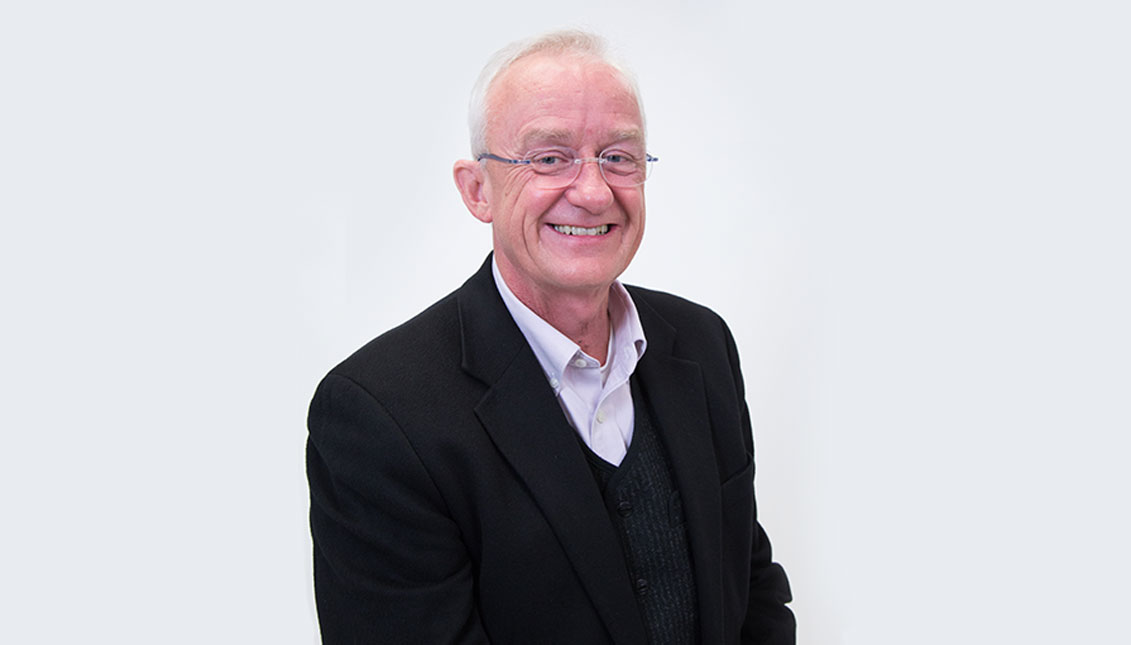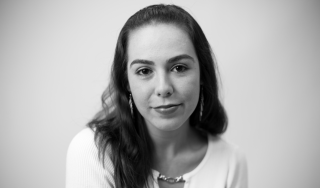
Living with HIV, Fighting with Hope
Action Wellness has been providing hope to Philadelphians living with (or at risk of) HIV/AIDS via pre-exposure prophylaxis medication, prevention education,…
2017 has been a year of shockers.
It began with the presidential inauguration of a reality star and mega-billionaire with an objectively awful fake tan (and, subsequently the largest female-driven political march in global history), included some of the most vicious and record-breaking domestic terrorist attacks (on our soil and abroad), and finally brought justice to some of those who have been sexually harassed by male authority figures in power.
It churned out disastrous hurricanes, frustrating trial verdicts, incredible superhero films, and even a Bosnian war criminal committing suicide... in court.
The list goes on-and-on, as this year was eventful for far too many wrong (and, occasionally right) reasons, but none shocked quite as much as the death of a 41 year old to AIDS in The United States.
On September 9th, the promising theater talent and songwriter died of the disease just nine weeks after an initial HIV diagnosis, according to the New York Times. The NYT piece hauntingly provides excerpts of quotes from Friedman’s family members and dear colleagues, musing on the gastrointestinal pains, shortness of breath, and purple lesions Friedman was developing long before his official positive testing in July. Most- if not all -of these witnesses disturbingly claimed that they would have never guessed it was AIDS ravaging their loved one, or as one interviewee put it, “cannibalizing”.
It’s 2017, they thought, and surely in the United States, nobody actually dies of HIV/AIDS anymore?
Wrong.
HIV.gov released findings in 2014 that almost seven thousand Americans died of AIDS that year.
And yet, an estimated 1.2 million Americans live with HIV and fight with hope. Thanks to medical advancements in the field and wonderful nonprofit organizations, adults and children are able to manage the chronic condition and have a relatively average lifespan.
The number of Philadelphians diagnosed with HIV in 2015 was 19,066 (AIDSVu.org) with 15% identifying as Hispanic/Latino.
Action Wellness (formerly ActionAIDS) has been helping thousands of these HIV/AIDS infected persons, and people who are at high-risk of infection, for over thirty-one years. Reverend Jim Littrell was the first administrator of the organization, engaging the community to volunteer and to provide care so that “no one should face AIDS alone.” Action Wellness has broadened its outreach and variety of services, including: free rapid health screenings, medical case management, perinatal and family services, primary medical care, supportive housing services, mental and behavioral health, and educational and vocational assistance.
I had the distinct pleasure of welcoming Kevin Burns, the Executive Director of Action Wellness and one of the original eighty-four volunteer “buddies” of then ActionAIDS, to the AL DÍA Newsroom:
"Absolutely. It was really difficult in many ways, and we [the volunteers of ActionAIDS] were really providing hospice care for people suffering with AIDS because people were dying really quickly. And so, it was a lot of advocacy work. We worked closely in those days, and still do, with ACT UP, Congreso, Mazzoni Center, Philadelphia FIGHT. In the very early days, I even remember that it was almost impossible to find funeral directors who would bury our dead. It was even a real fight to get physicians to provide medical care and to treat people with HIV/AIDS. We had to push for that through a lot of protests, a lot of sit-ins, to make that happen for people."
RELATED CONTENT
"AIDS has definitely changed. It’s one of the reasons that we changed our name from ActionAIDS to Action Wellness, because the truth is that AIDS is a chronic condition. Access to care and treatment can lead to fulfilling lives. We wanted to focus on wellness and living well. We also work with people with chronic illnesses who may put them at higher risk for contracting HIV/AIDS, such as hepatitis, diabetes, lung disease, liver disease, some cancers, really trying to do prevention as care as well. We want to keep people [HIV] negative."
"I think one of the big ways that we do that is by talking with people and trying to process with people whatever feelings they may have about being tested. The reality is, I think we really need to look at how we’re testing and making it more routine. It really should be when you go to a doctor, and you get bloodwork done, you should automatically be tested for HIV. That should be the norm. That would go a long way to de-stigmatizing it. I also think just talking, talk about your concerns, your behaviors, in a safe space, and getting to know people who have HIV/AIDS, people who live really well, who work, who are successful and happy, that can help to overcome stigma as well."
"One of the biggest barriers a lot of our clients face is not having access to insurance. It’s huge. Most of the clients that we work with at Action Wellness live below the poverty line. Today, it can be as simple as one pill a day that can keep you healthy, but if you don’t have access to primary care and you can’t afford the medication, well that’s no good. The ACA has gone a long way in making sure that people continue to have access to health insurance, and we advocate strongly for that."
"I think the reality is that we could eliminate the disease if there was enough political will and enough resources to make sure that everyone was tested, everyone had access to their treatment, and everyone was educated."
"Once we get people to an undetectable viral load, that can significantly decrease transmission."
"Not at all! We have been in the Philadelphia prisons for over twenty years, and begins to work with inmates while they’re in the jail, and works with them as they transition back into the community. The prison system does an exceptional job at providing care and treatment with HIV inside the prisons. The goal is to get them connected with primary care as soon as they’re back in the community, keep them in touch with case managers, make sure they have medication, provide them with a safe place to live, all of those things they need to stay healthy. We also work with HIV negative inmates who are at high-risk. We were able to develop this program thanks to a grant by The Office of Minority Affairs. We want to give these people the support to both stay out of jail and to stay healthy."
"We do work closely with a lot of the AIDS organizations in the city or organizations that provide HIV/AIDS resources, such as Congreso. We have a housing program on 2641 North 6th Street called ‘Casa Nueva Vida’, and at that site, we have twelve two-bedroom apartments with homeless people who are living with HIV. We have really focused over the years in being in the community. We have six offices in the City, including one in Chester, Pennsylvania. We have intake staff that is bilingual (English and Spanish), but also staff that is fluent in American Sign Language, French, so we’ve really worked hard that our services are culturally competent and that people feel at home."
"One of the things that has been really concerning for us at Action Wellness has been that while we’re seeing the rates of AIDS decreasing in Philadelphia as a whole, they’ve been increasing within the Hispanic population. We need to pay attention to and work harder to engage Hispanics to be proactive about prevention and treatment."
"Lack of access, definitely, but we also still struggle with stigma. People have a lot of shame around the behaviors that put them at-risk, so we need to work harder to make people feel safe to talk about the reality that is for them to help them stay negative. We’re living in a political environment that is especially challenging for minority communities, and we need to be sensitive about that, and put supports in place to do the right things for themselves."
All of the Action Wellness offices are open during regular business hours from Monday through Friday, but they also have 24/7 emergency coverage, which can be accessed via an easy phone-call to (215) 981-0088.
Today, December 1st, is World AIDS Day. If you would like to begin getting engaged with organizations who are helping Philadelphians living with HIV to fight with hope, this is a perfect day to start your allyship and activism.
It’s also a perfect day to watch the film Philadelphia.











LEAVE A COMMENT: